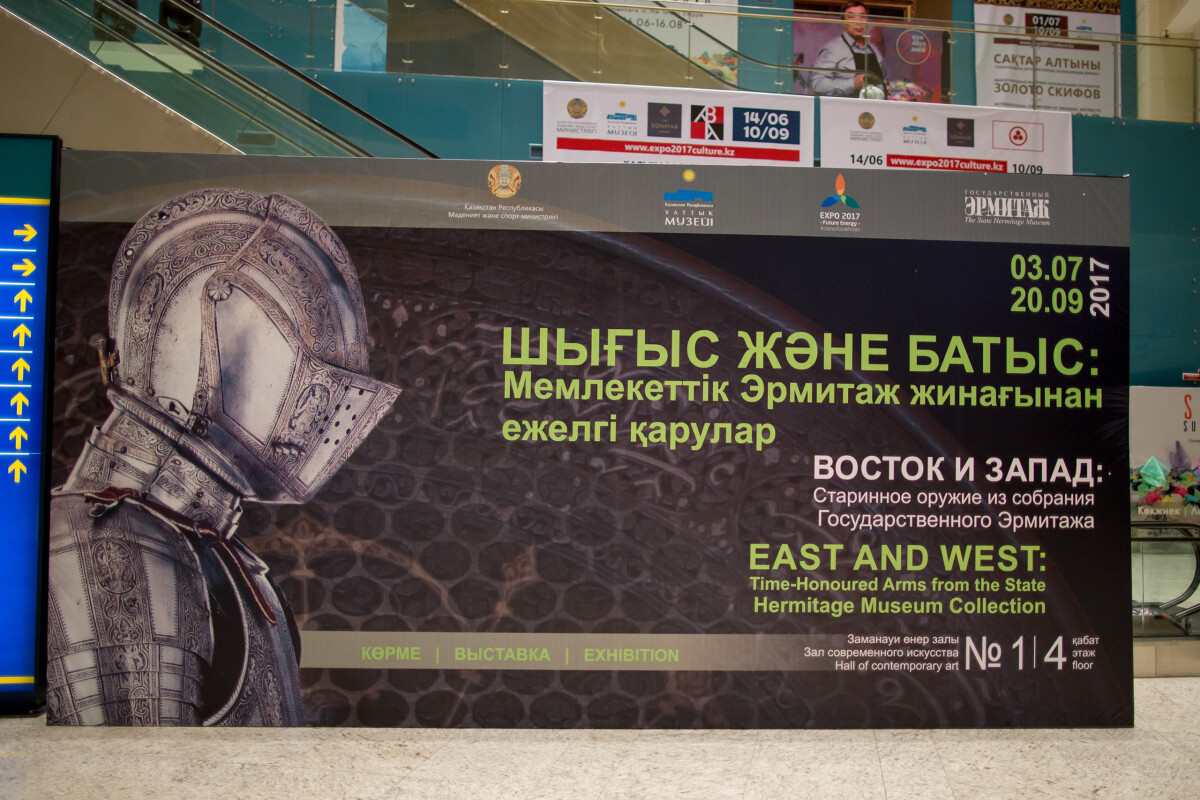
The event was attended by the State Secretary of the Republic of Kazakhstan G. Abdikalykova, the Minister of Culture and Sports A. Mukhamediuly, the deputies of the Parliament of the Republic of Kazakhstan, representatives of state bodies, the diplomatic corps, foreign visitors of EXPO 2017 and the scientific intelligentsia.
Speaking at the opening ceremony of the exhibition, the State Secretary of Kazakhstan G. Abdikalykova said: "The centuries-old history of the culture of mutual relations of our peoples goes far into the centuries. Kazakhstan and Russia are closely interconnected at the present stage of development. This is due to mutual trust. And today's exhibition is proof of the great friendship between the two states, and for our country the exhibition has become great cultural news. It is good when arms are used not for their intended purpose, but are considered from the point of view of skill and artistry."
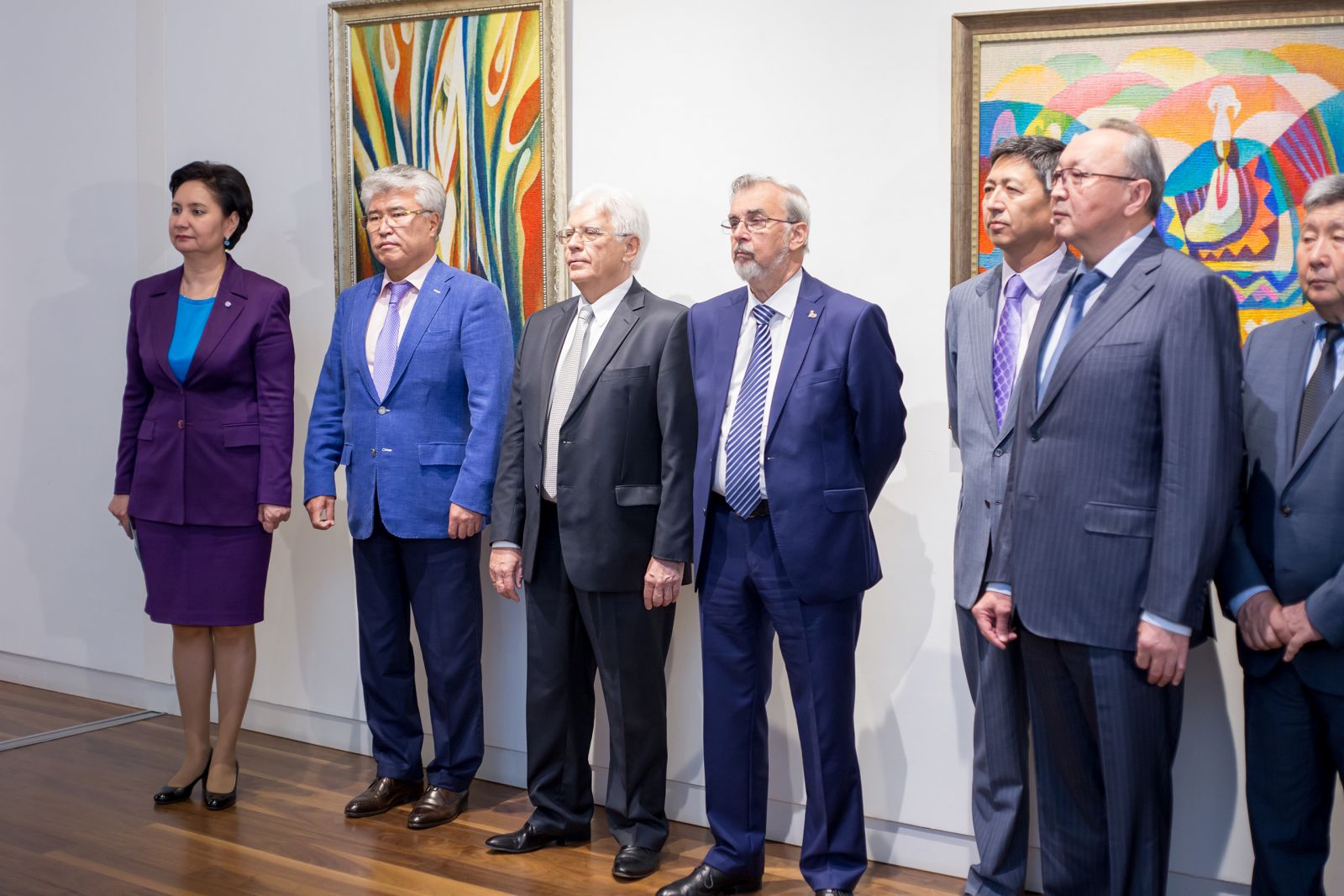
The purpose of the exhibition: acquaintance of visitors with masterpieces of arms from the Hermitage fund. The exhibition will allow visitors to plunge into the secrets of the gunnery; will help you learn about the history and development of arms art in the West and East, about the types of arms, their production centers, and also to get acquainted with the great armourers.
In his speech, Ambassador Extraordinary and Plenipotentiary of Russia to Kazakhstan M. Bocharnikov said: "As you know, the Hermitage is a world museum located in the Russian city of St. Petersburg. I believe that there are a lot of similarities between St. Petersburg and Astana. For example, St. Petersburg was built on a special request of the head of state to become the capital of the country. And so is Astana. Both cities are located on the river bank. And most importantly, in both cities are the best museums of the two countries. I hope that today's exhibition brought by our museum will cause great interest because, it will be an exhibition reflecting the history and culture of not only the two countries, but will become an exhibition of two civilizations - East and West."
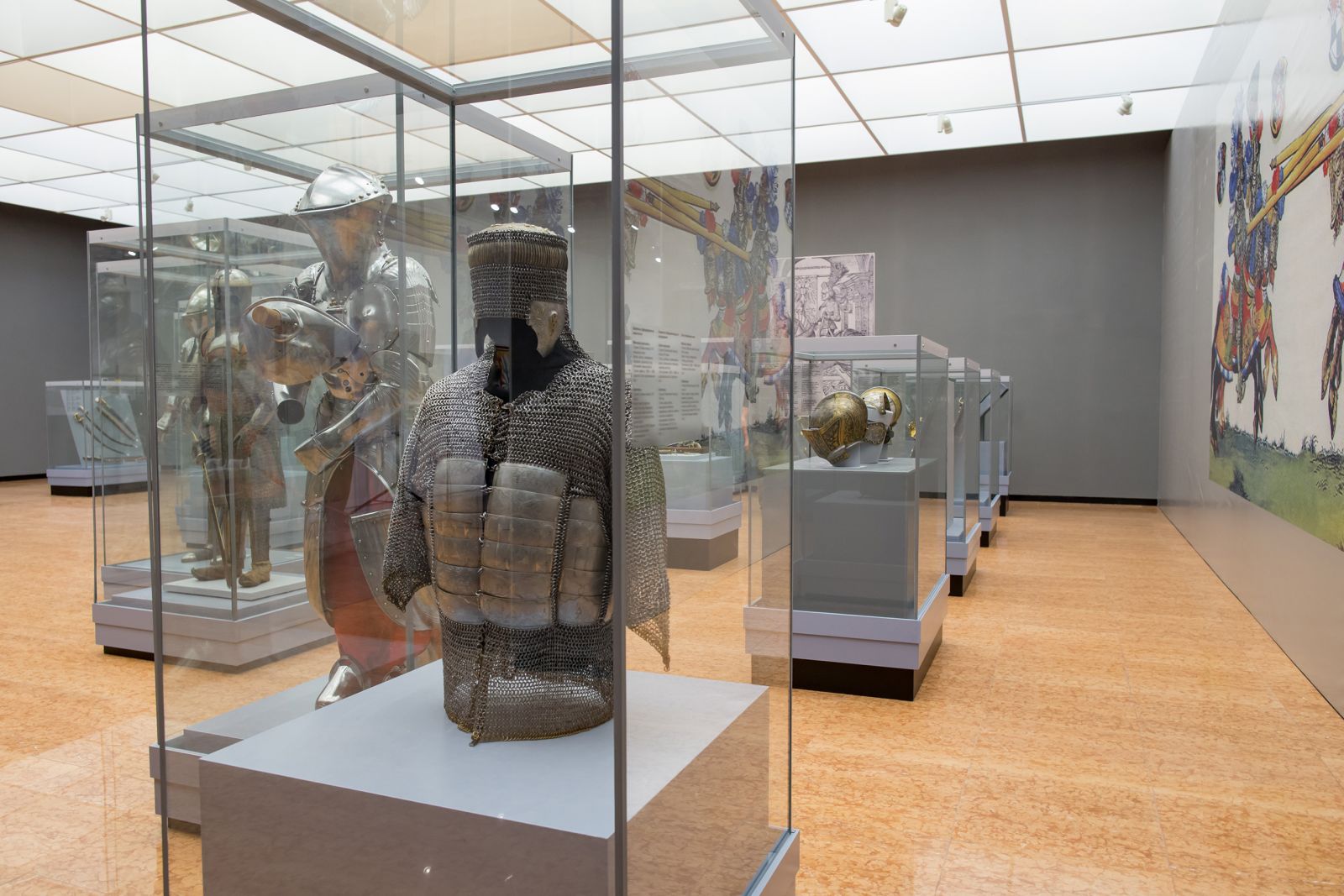
The chronology of the exhibition covers a large-scale historical period of the arms trade from the 15th century to the end of the 19th century, i.e. more than 400 years. The exhibition presents about 70 items of arms art, including: combat, hunting and ceremonial weapons from Turkey, Iran, India, Japan, France, Italy, Germany, Spain and other countries.
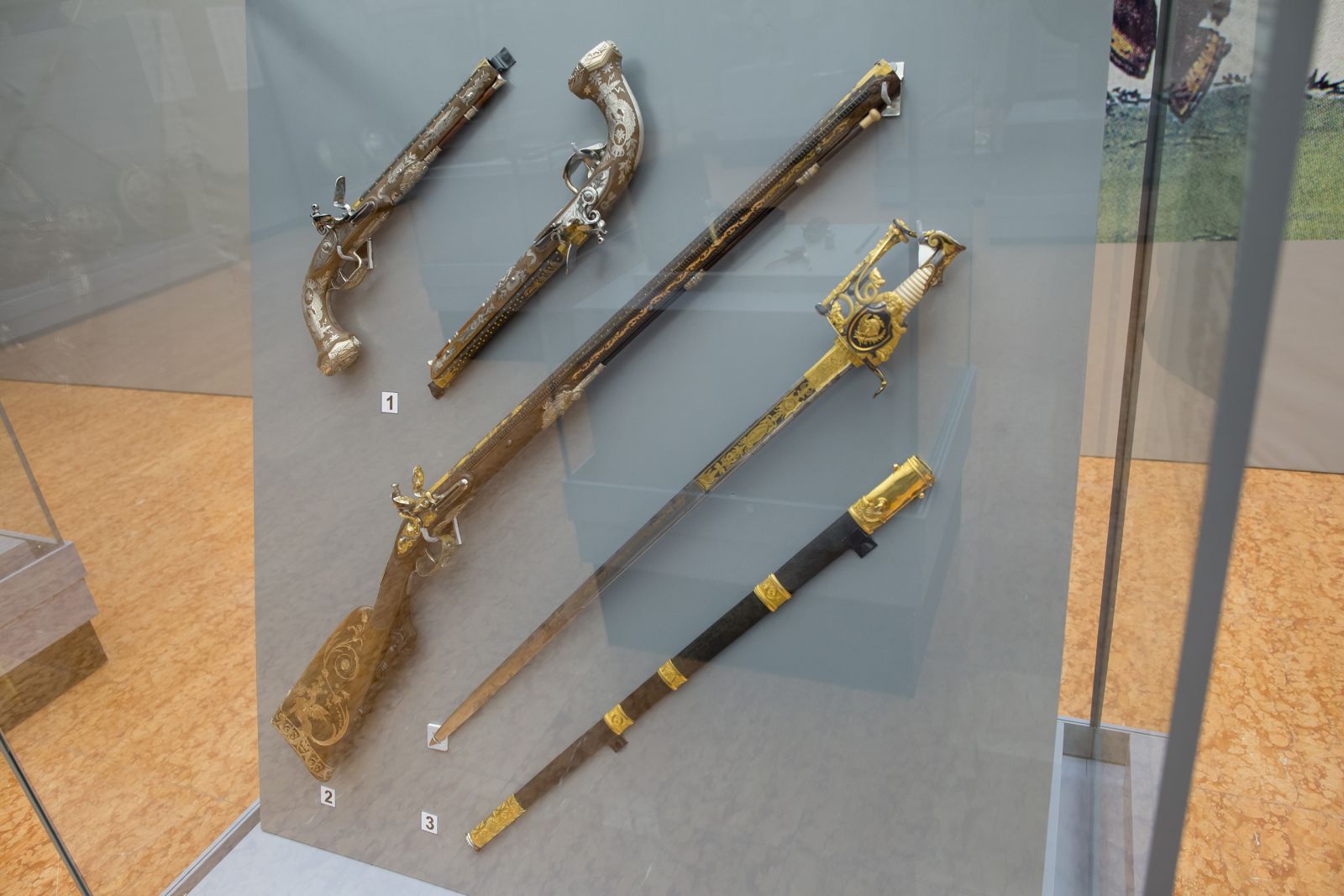
The exhibits allow to assess the contribution of armourers to the development of applied art, as well as to contemplate the harmony of skill and beauty. Visitors to the museum will be surprised by the technical perfection of arms and their rich artistic decor. Although almost all these items have long since lost their practical purpose, but their dignity still tacitly tells about the talent and skill of the armourers of the past.
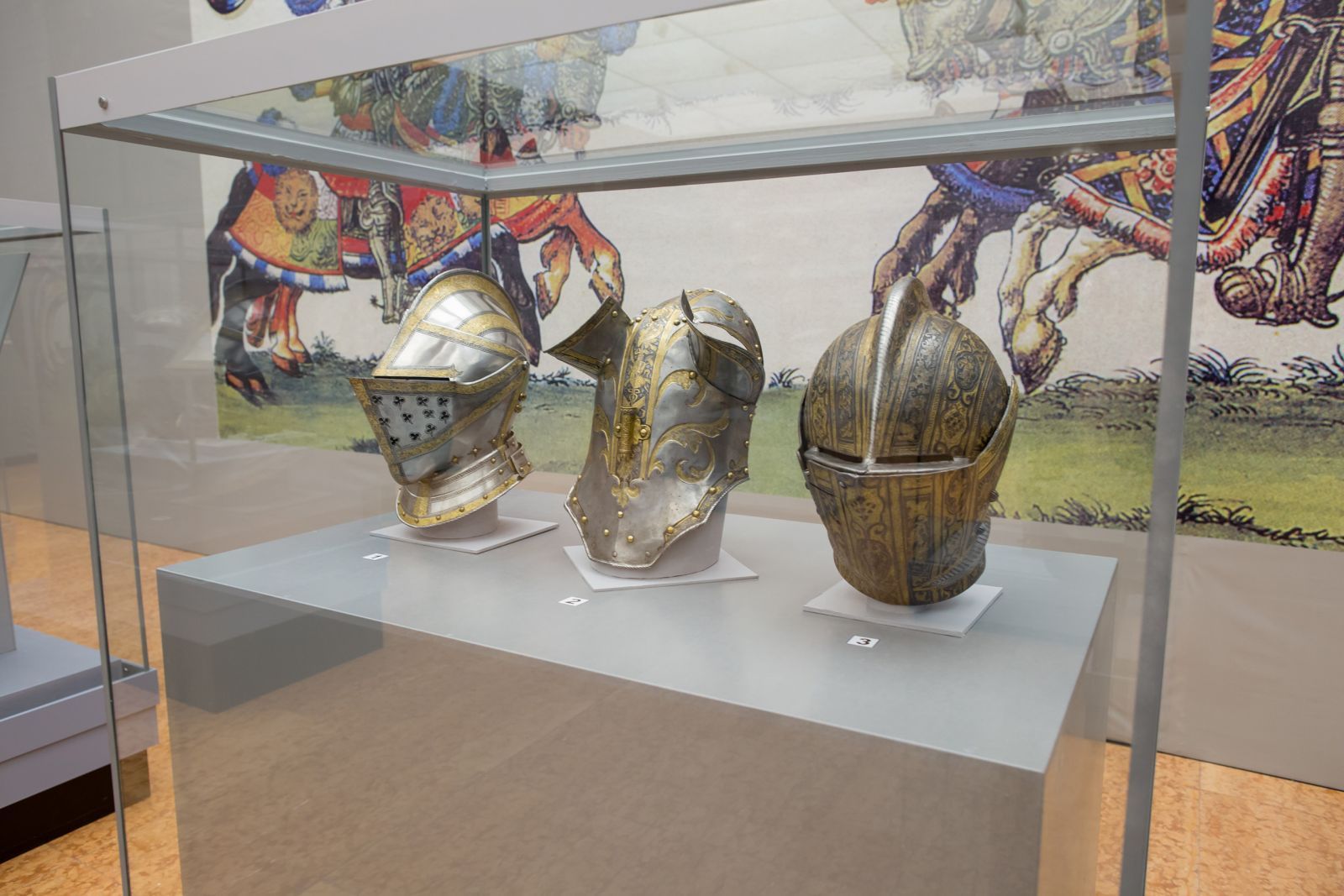
Translated by Raushan MAKHMETZHANOVA
